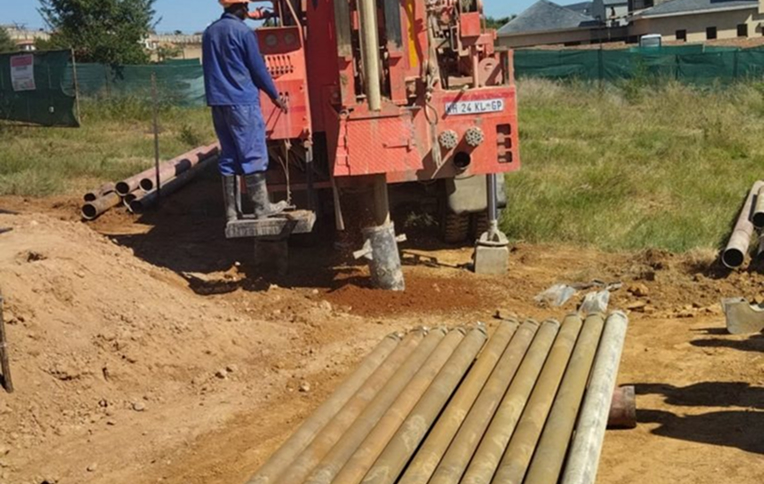Drilling a borehole is a major investment, whether for your home, farm, or business. Done right, it can give you clean, reliable water for decades. But done wrong, it can lead to dry holes, wasted money, and constant repairs.
At JSR Group, we’ve seen it all — and we’re here to help you avoid the most common pitfalls.
Here are the top 5 borehole drilling mistakes people make in West Africa (especially in Guinea), and how to avoid them like a pro in 2025.
❌ Mistake #1: Skipping the Hydrogeological Survey
Many people assume that if the neighbor has water, they will too — big mistake!
Why it’s a problem:
- Every property has unique underground conditions
- You may drill in a dry or low-yield area
- Can cost you millions of GNF for a failed attempt
✅ How to avoid it:
- Always conduct a professional site survey before drilling
- Ask for a report from a certified hydrogeologist
❌ Mistake #2: Choosing the Cheapest Driller
It’s tempting to go with the lowest quote, but in borehole drilling, cheap often means low quality.
Why it’s a problem:
- Poor-quality casing or equipment
- Inexperienced drillers
- Zero post-drilling support
✅ How to avoid it:
- Compare at least 3 quotes
- Check past work, photos, and reviews
- Ensure they use modern, calibrated drilling rigs
❌ Mistake #3: Ignoring Borehole Depth & Water Demand
Some people just guess how deep the borehole should be — without considering actual water needs.
Why it’s a problem:
- A shallow borehole may dry up during dry season
- A deeper borehole costs more but may not be needed
✅ How to avoid it:
- Use survey data to determine correct depth
- Factor in your daily water demand (household, livestock, irrigation, etc.)
❌ Mistake #4: Not Testing the Water
After drilling, many skip water testing — assuming it’s safe. That’s risky.
Why it’s a problem:
- Water may contain bacteria, iron, fluoride, or other harmful elements
- Could affect health or damage plumbing systems
✅ How to avoid it:
- Always do basic water quality tests (E. coli, pH, iron, TDS)
- Add a filter or treatment system if needed
❌ Mistake #5: No Maintenance Plan
People often assume that once a borehole is drilled, they can forget about it.
Why it’s a problem:
- Pumps fail over time
- Casings may get clogged
- Lack of servicing can reduce water flow
✅ How to avoid it:
- Get a user manual or maintenance checklist
- Schedule annual service for pump, tank, and filtration
- Keep contact info of your driller handy for support

